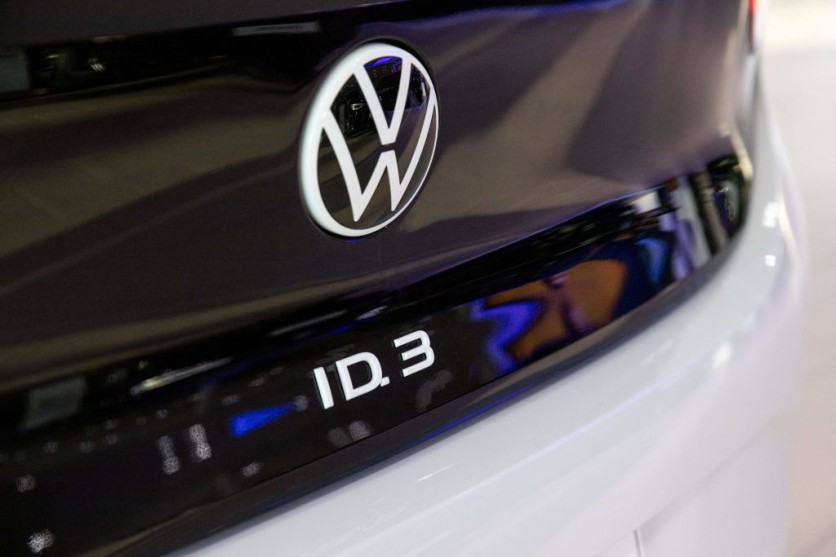Volkswagen will use recycled materials in the rest of their ID.series, as reported by Electrek. The ID.Buzz's interior is made up of recycled materials already, but they will be introduced in the ID.3, ID.4, ID.5, and ID.7.

The Recycled Materials Used
The outer material of the Buzz's seat cover is made of Seaqual yarn made of ten percent collected marine debris and 90 percent recycled PES yarn. According to VW, the Sequel yarn can save 32 percent of emissions compared with conventional materials used for surfaces.
The seat covers are made of ArtVelours Eco, made from a mix of natural and recycled materials, such as recycled polyester, natural latex, and jute.
The headliner and floor covering are made from 100 percent recycled polyester. Also, the insulating layer of the carpet contains recycled plastics. The underbody cladding and the wheel housing liners also contain recycled plastic.
The doors, instrument panel, and steering wheel clip doesn't feature chrome anymore because it's bad for the environment.
Recycling Innovations
These recycling innovations will now be rolled out to the other vehicles under the ID.series. However, the auto maker has not specified which innovations or in which markets this will happen.
The recycled materials are used to reduce the environmental impact of the vehicles, as well as improve their performance. Additionally, the recycled materials help reduce the cost of production and increase the fuel efficiency of the vehicles.
The auto maker has also implemented innovative processes to reduce the amount of waste generated during the production process. Finally, the auto maker has committed to reducing its carbon footprint by investing in renewable energy sources such as solar, wind, and geothermal energy.
VW is also focused on reducing emissions from its vehicles. To achieve this, they have implemented advanced technologies such as electric powertrains and hybrid systems.
These systems reduce the amount of fuel consumed by the vehicle while still providing a powerful driving experience. Additionally, these new technologies improve air quality around cities where ID series cars are produced or sold.
In addition to improving their environmental performance, the auto maker has committed to using sustainable materials in all aspects of production for their ID series vehicles.
This includes recycled plastics that can be used for interior components like dashboards and door panels as well as eco-friendly fabrics made from natural fibers like cotton or hemp which are more durable than traditional synthetic fabrics found in many car interiors today.
The use of these materials not only reduces waste but also helps create a healthier environment inside each car cabin space with fewer toxins released into the atmosphere over time due to offgassing caused by certain chemicals present in some fabric treatments used during manufacturing processes today .
Related article: Volkswagen's EV Concept ID.AERO Debuts in China as Stepping Stone for EV Business Growth





![Most Useful Google Chrome Keyboard Shortcuts You Need to Know to Improve Your Browsing Experience [2024]](https://d.techtimes.com/en/full/449047/most-useful-google-chrome-keyboard-shortcuts-you-need-know-improve-your-browsing-experience-2024.jpg?w=184&h=103&f=476d29fd60df70a67f6679f99a2ca6d0)